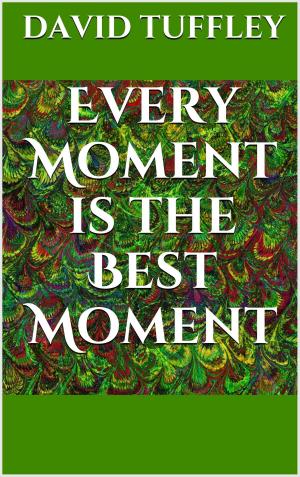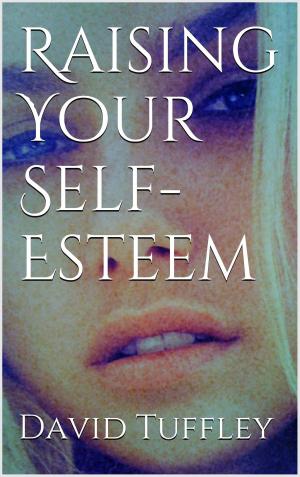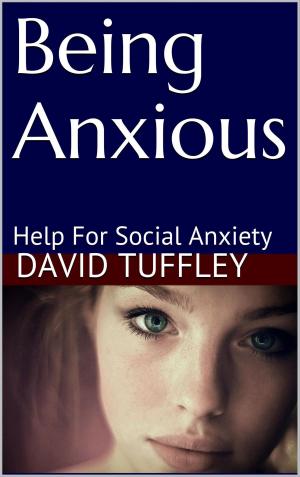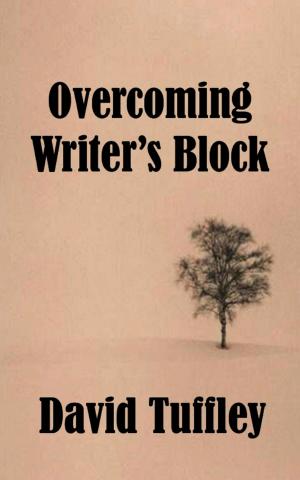Being Alone
Nonfiction, Health & Well Being, Psychology, Applied Psychology, Self Help, Self Improvement, Self-Esteem| Author: | David Tuffley | ISBN: | 9781311185068 |
| Publisher: | Altiora Publications | Publication: | March 22, 2014 |
| Imprint: | Smashwords Edition | Language: | English |
| Author: | David Tuffley |
| ISBN: | 9781311185068 |
| Publisher: | Altiora Publications |
| Publication: | March 22, 2014 |
| Imprint: | Smashwords Edition |
| Language: | English |
Loneliness is a painful condition that afflicts everyone from time to time. It is a sad situation that in the modern world, loneliness is at epidemic proportions. Despite technology making it easier than ever to connect and communicate with people all over the world, never have so many people been so lonely.
Being Alone is aimed directly at helping you to transform the experience of being alone from a negative to a positive one. If you already enjoy solitude, it can show you how to deepen the experience to be even more rewarding. If you are alone and not enjoying it, it shows you how to change your thinking so that you experience a rich inner life that is more than a substitute for the company of others.
There are of course many reasons why people find themselves alone. It is unavoidable sometimes. Other times we are alone through choice or circumstance. This book is for everyone who is suffering from loneliness and would like to know how to feel better about being alone. Knowing how to turn loneliness into enjoyable solitude is something you can learn.
This book takes a positive therapeutic approach to the treatment of loneliness. It does not give the standard advice of ‘join community groups’ and other motherhood suggestions, though this is good advice. This ground has been well covered already.
Instead, we take the approach of helping you to understand the underlying nature of loneliness followed by a series of suggested ways that you can change your thinking around this whole area.
At the risk of over-simplifying the situation, there is a dynamic tension within all of us. It is created by the competing needs for solitude on the one hand, and for company on the other. We all have these competing needs, though the degree differs between individuals.
Sometimes we are able to get the balance just right. Other times not so much; we might feel the need to be alone when we in company and of course times when we are alone and crave company.
We cannot change this aspect of human nature. It is hard-wired into us at a fundamental level. What we can do is learn live constructively with it. That is what this book aims to do, show you how to turn painful loneliness into enjoyable solitude.
LONELINESS & SOLITUDE
There is a world of difference between loneliness and solitude.
Solitude is when you are alone, but not feeling lonely; not sad, not depressed. It is a positive state of mind in which you are experiencing some aspect of your inner life. This introspection can lead to intuitive insights about yourself or your life that can be very rewarding.
Loneliness, on the other hand, is a state of painful social isolation in which you might want to be in the company of others, but for a variety of reasons are unable to.
Remember, what you experience when you are by yourself is something you control, or at least have the capability to control once you learn how. It really depends on your attitude, on how you are thinking about the situation. As Shakespeare’s Hamlet wisely observed; there is nothing either good or bad but thinking makes it so.
Loneliness is a painful condition that afflicts everyone from time to time. It is a sad situation that in the modern world, loneliness is at epidemic proportions. Despite technology making it easier than ever to connect and communicate with people all over the world, never have so many people been so lonely.
Being Alone is aimed directly at helping you to transform the experience of being alone from a negative to a positive one. If you already enjoy solitude, it can show you how to deepen the experience to be even more rewarding. If you are alone and not enjoying it, it shows you how to change your thinking so that you experience a rich inner life that is more than a substitute for the company of others.
There are of course many reasons why people find themselves alone. It is unavoidable sometimes. Other times we are alone through choice or circumstance. This book is for everyone who is suffering from loneliness and would like to know how to feel better about being alone. Knowing how to turn loneliness into enjoyable solitude is something you can learn.
This book takes a positive therapeutic approach to the treatment of loneliness. It does not give the standard advice of ‘join community groups’ and other motherhood suggestions, though this is good advice. This ground has been well covered already.
Instead, we take the approach of helping you to understand the underlying nature of loneliness followed by a series of suggested ways that you can change your thinking around this whole area.
At the risk of over-simplifying the situation, there is a dynamic tension within all of us. It is created by the competing needs for solitude on the one hand, and for company on the other. We all have these competing needs, though the degree differs between individuals.
Sometimes we are able to get the balance just right. Other times not so much; we might feel the need to be alone when we in company and of course times when we are alone and crave company.
We cannot change this aspect of human nature. It is hard-wired into us at a fundamental level. What we can do is learn live constructively with it. That is what this book aims to do, show you how to turn painful loneliness into enjoyable solitude.
LONELINESS & SOLITUDE
There is a world of difference between loneliness and solitude.
Solitude is when you are alone, but not feeling lonely; not sad, not depressed. It is a positive state of mind in which you are experiencing some aspect of your inner life. This introspection can lead to intuitive insights about yourself or your life that can be very rewarding.
Loneliness, on the other hand, is a state of painful social isolation in which you might want to be in the company of others, but for a variety of reasons are unable to.
Remember, what you experience when you are by yourself is something you control, or at least have the capability to control once you learn how. It really depends on your attitude, on how you are thinking about the situation. As Shakespeare’s Hamlet wisely observed; there is nothing either good or bad but thinking makes it so.















